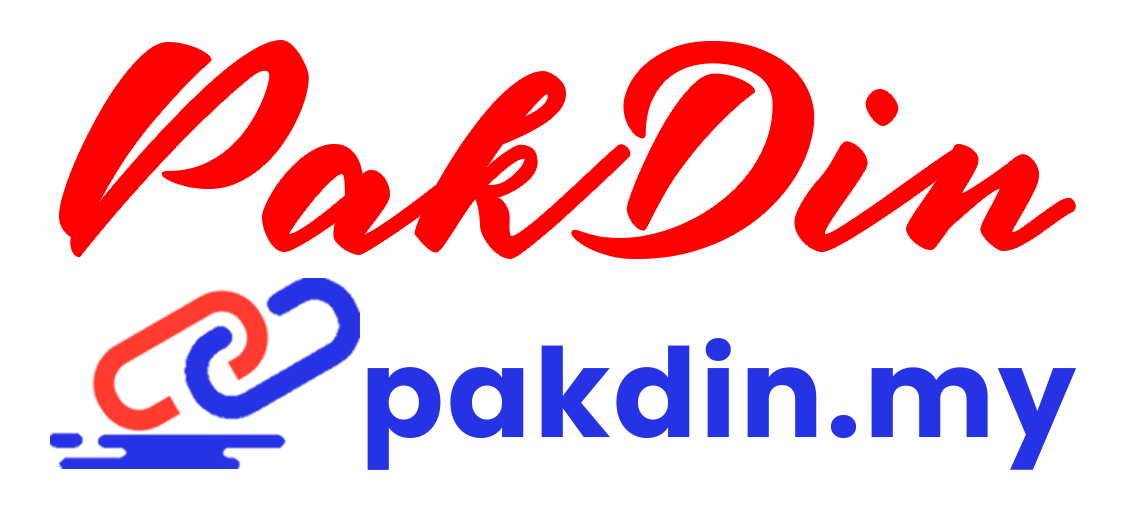The move comes after much debate and strong opposition from part of the Iranian parliament which had criticised the plan as inflationary at a time when the economy was reeling under sanctions and high unemployment.
Police and security forces were deployed across main squares and fuel stations in Tehran to prevent any violence as the new fuel price regime came into force on Sunday.
Motorists were hardest hit by the policy change, which sent petrol prices soaring to 4,000 rials (40 US cents) from 1,000 rials per litre for the 60 litres they receive as a monthly quota, state television reported on its website.
They now have to pay 7,000 rials per litre for any extra petrol they require.
Iran’s Mehr news agency said the price of jet fuel was now set at 4,000 rials per litre for domestic flights and 7,000 rials for international flights.
Diesel prices jumped to 1,500 rials from 160 rials, the television reported.
Mohammad Reza Farzin, spokesman for the subsidy plan, said the average price of household electricity was now 450 rials per kilowatt an hour, water 250 rials per cubic metre and cooking gas 700 rials per cubic metre.
“The expenses (for households) will depend on consumption. The lesser the consumption, the lesser the cost will be,” Mehr quoted him as saying.
The Tehran municipality announced the rise in fuel prices would not lead to hike in fares of public transport such as the metro rail network, buses and taxis plying in the capital, media reports said.
The government plans to phase out subsidies on energy products petrol, diesel, gas, kerosene and electricity, and food items such as water and bread as part of the overhaul which had been in the pipeline for several years.
According to official estimates, subsidies on these products cost state coffers about 100 billion dollars a year.
A 2007 attempt by government to ration petrol had triggered riots in Tehran, and, on Sunday, police were guarding several fuel stations in the capital to prevent any repeat of the violence.
In an interview on state television, Ahmadinejad announced the scrapping of subsidies would start to take effect from early Sunday.
“For the moment we do not have plans to free the prices, but the prices will be corrected. New prices will be announced tonight,” he said.
Soon after Ahmadinejad’s announcement, motorists were seen queueing outside Tehran petrol stations to fill up their tanks before the introduction of the new fuel prices.
Ahmadinejad has been severely criticised by various groups for the subsidy removal plan which was initially to start in September.
Part of Iran’s ruling conservative camp says the plan would further stoke inflation at a time when the economy is already reeling under high price rises and unemployment.
But the government has toned down the potential impact of the plan and maintains inflation itself has already fallen to single digits.
The conservative parliament had also tried to delay and limit implementation of the measure by challenging the government’s sole authority to decide on how to distribute among the poor savings generated from the subsidy cuts.
The Islamic republic’s supreme leader, Ayatollah Ali Khamenei, has backed the plan despite the concerns of some conservatives.
An Iranian analyst said the government intended to drain liquidity out of the system by implementing the plan.
“Ahmadinejad had to think of a way to collect the floating liquidity in people’s hands. So by implementing these gradual subsidy cuts, prices will be freed and liquidity would be cut to some degree,” he said on condition of anonymity.
To offset the rising prices, the government has begun to pay part of the expected savings from subsidy removals in the form of direct aid to the people.
According to official figures, some 60.5 million Iranians have already started to receive 810,000 rials (74 dollars) paid into bank accounts every two months. This represents 2.5 billion dollars a month in the state budget. — AFP
Read more: Iran petrol prices quadruple as subsidies cut http://www.nst.com.my/nst/articles/Iranpetrolpricesquadrupleassubsidiescut/Article/#ixzz1AAvPo0Xo











